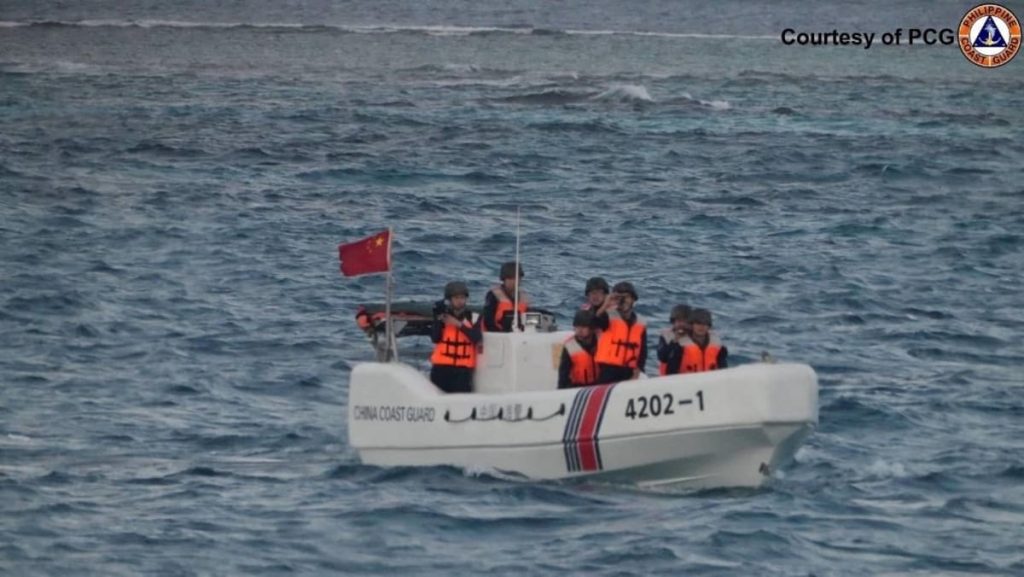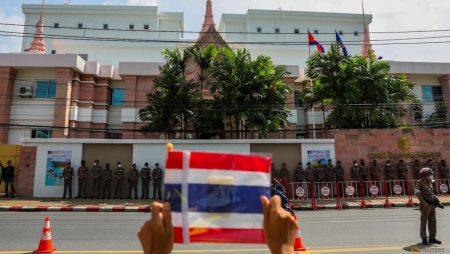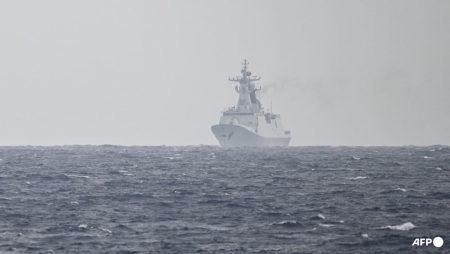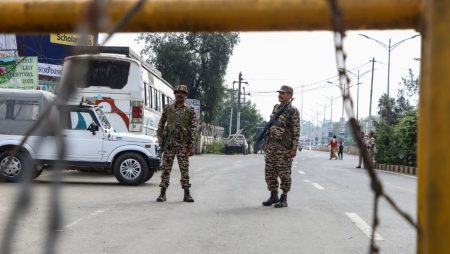The recent incident involving a Chinese navy helicopter hovering dangerously close to Philippine vessels conducting maritime surveys underscores the escalating tensions in the South China Sea. The Philippine Coast Guard reported that the helicopter flew at an unsafe altitude above their inflatable boats near Thitu Island, generating hazardous propeller wash and forcing the survey team to suspend operations. This incident, characterized by the Philippine authorities as “continuous harassment” and a blatant disregard for safety, prevented the collection of sand samples from unoccupied sandbars in the vicinity. While no accidents occurred, the encounter highlights the precarious nature of maritime operations in the disputed waters and the potential for miscalculation or escalation. The Chinese government has yet to respond to requests for comment on the incident, further contributing to the uncertainty surrounding the motivations and implications of the helicopter’s actions.
This latest episode of maritime tension follows a pattern of increasingly assertive behavior by Chinese forces in the South China Sea. China’s expansive claims in the region, encompassing nearly the entire waterway, overlap significantly with the claims of several Southeast Asian nations, including the Philippines, Vietnam, Malaysia, Brunei, and Indonesia. These overlapping claims have led to frequent standoffs and disputes, with China often employing its significantly larger and more advanced maritime forces to exert pressure on its smaller neighbors. The use of a navy helicopter to disrupt a scientific survey conducted by the Philippine fisheries agency, even in the absence of direct physical contact, demonstrates a willingness to utilize various tactics to assert dominance and challenge the presence of other nations in the disputed waters.
The timing of the helicopter incident coincided with a successful resupply mission conducted by the Philippine military to the Second Thomas Shoal, another contested area in the Spratly Islands. The shoal is the site of a deliberately grounded Philippine navy vessel, the BRP Sierra Madre, which serves as a precarious outpost for a small contingent of Filipino marines. While the resupply operation proceeded without incident, the simultaneous occurrence of the helicopter incident near Thitu Island raises concerns about the potential for coordinated actions by Chinese forces to challenge Philippine activities across multiple locations in the disputed region. The successful resupply, however, signifies Manila’s determination to maintain its presence in the area despite facing pressure from Beijing.
The broader context of this incident involves the ongoing struggle for control and influence in the South China Sea. The waterway is strategically vital for global trade and navigation, with trillions of dollars in commerce passing through its waters annually. The region is also believed to hold significant reserves of oil and natural gas, further adding to the strategic importance. China’s assertive actions, including the construction of artificial islands and the deployment of its maritime militia, have raised concerns among neighboring countries and the international community about its intentions and the potential disruption to regional stability.
The recent reports of increased Chinese coast guard patrols near the main Philippine island of Luzon further contribute to the escalating tension. The Philippines has labeled these patrols as “intimidation tactics” designed to discourage Filipino fishermen from operating in their traditional fishing grounds. China, however, maintains that its patrols are conducted in accordance with the law and are necessary to protect its maritime interests. This conflicting narrative highlights the deep-seated mistrust and differing interpretations of maritime law that fuel the ongoing disputes in the South China Sea.
The international community, particularly the United States, has expressed concern over China’s assertive actions in the region. The US has conducted freedom of navigation operations in the South China Sea to challenge China’s expansive claims and reaffirm the principle of freedom of navigation and overflight. However, these operations have been met with strong criticism from Beijing, which views them as provocative and interference in its internal affairs. The escalating tensions in the South China Sea represent a complex geopolitical challenge with potential implications for regional stability and global security. The international community faces the difficult task of balancing the need to uphold international law and maintain freedom of navigation with the imperative of avoiding further escalation and promoting peaceful resolution of the disputes. As China continues to expand its presence and exert its influence in the region, the risk of miscalculation and unintended consequences remains a significant concern.










